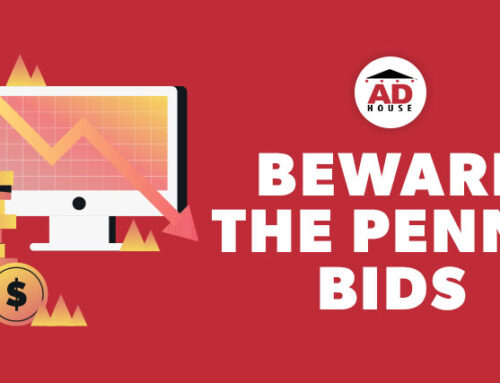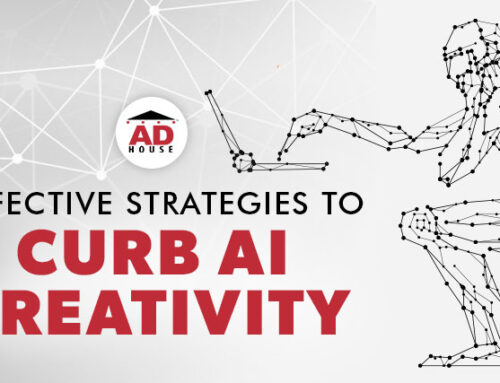Navigating the Shift to Key Events in GA4
In the ever-changing landscape of digital marketing, understanding and communicating metrics that actually measure client success is key. With the introduction of Google Analytics 4 (GA4), frustrated marketers are witnessing a significant shift from traditional conversion tracking to a more purported “nuanced” approach centered around “key events.” This change not only reflects the expanding dynamics of online consumer behavior measurement but also presents challenges for marketers in how they communicate with clients. It’s something we’re paying a lot of attention to at Ad House Advertising.
From Conversions to Key Events in GA4
One of the most notable recent changes in GA4 is the switch from “conversions” to tracking “key events”. Supposedly, this change is to help GA4 users separate actions in Google Ads (known as conversions) from actions in GA4, now known as “key events”.
What Exactly Are Key Events?
Key events represent specific user interactions that hold significance in our customer’s business objectives. These events can range from website interactions like page views and button clicks to more complex actions such as video views or form submissions. By tracking key events, we marketers hope to gain deeper insights into user behavior throughout the customer journey, enabling more informed decision-making and targeted optimizations. But are we better informed? At this point, we’re not completely sure.
The Discrepancy Between Google Ads and GA4 Metrics
Prior to the advent of GA4, Universal Analytics seemed to run in concert with Google Ads traffic results. Some differences, but mostly in-line with each other’s metrics. However, now there are vast differences between Google Ads and GA4 metrics, causing some confusion in understanding the numbers.
Google Ads conversions are actions that a user takes on a client’s website when clicking and after clicking on a search ad. That traffic and those conversions are tracked directly within our Google Ads accounts within our MCC at the child account level.
Conversely, GA4 events are not limited to actions directly related to Google Ads but a much broader range of user interactions across all digital platforms. So, marketers will see a much broader range of metrics tied to all interactions.
Google’s Broader Vision: Understanding User Engagement
Google indicates that this shift aligns closely with their “broader vision” of understanding user engagement beyond simple transactions. In GA4, the emphasis is placed on expansive user engagement, theoretically recognizing that not all valuable interactions necessarily lead to immediate conversions—like scrolling, downloads, and internal site searches.
Despite these differences, the underlying goal remains the same for marketers and that is to drive meaningful actions that contribute to our client’s successes. Whether it’s through traditional conversions in Google Ads or key events in GA4, the key lies in us understanding the nuances of each platform and leveraging them to optimize marketing efforts accordingly.
Conclusion: Embracing the Shift
The transition to GA4 represents a major shift in how marketers measure success in digital advertising. As tracking user behavior and measurement of predetermined goals continues to change, we must remain focused on how we define success. Our strong suggestion is that marketers explain these changes to their clients, then develop the goals and communication to continue to move the needle forward. Ultimately, our success depends on leveraging our understanding of key metrics to make solid decisions for our clients.
Things change fast in the marketing world. If we can help you, whether you’re a local business in the Albuquerque metro, a company located elsewhere across the United States, or someone in the advertising industry that wants to compare notes, give us a call!



